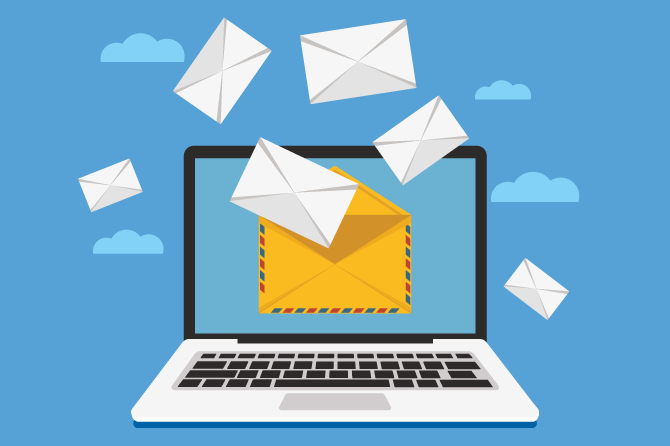When you receive an email, it is saved on the website server where you can access it in one of 2 ways:
Pop and Imap settings
POP
Using your preferred mail application eg: Microsoft outlook or Apple mail. The advantage of using POP mail setting is that you can download mail to your local machine and delete from server after a defined period (generally one or two weeks). In this way, you need not be worried about hosting space or email space allotted to you by the service provider.
We currently provide web hosting servers with an allocated space of 3 Gb, so if you continue to store email on our servers it can quickly exceed the limit and mail will cease to operate.
IMAP
Using your preferred mail application eg: Microsoft outlook or Apple mail. The advantage of using the IMAP mail setting is that you can access and manage mail from multiple devices and locations, but you will need enough space to save mail on your server (mail will be stored on the server not on your local machine). If you exceed the space on your server then you will need to delete email and you will never get it back as you are directly managing mail server.

We encourage our clients to set up their email in both ways – using POP3 on their computers and using IMAP on their mobile devices
This method allows users to continue to receive email uninterrupted, because email clients can be set to automatically delete email off the server after a set number of days. This usually is the best scenario, because then the user doesn’t have to remember to move email manually from the INBOX down to local servers.
POP3 set up is especially useful to those clients who don’t want to incur the extra cost of extra storage. With a POP3 setup, users can set their email client to leave email up on our servers for two weeks, and thus still check their email from multiple mobile devices (smart phones, tablets) and easily download and archive their email to one (or many) of their local hard drives.
Storage and Privacy
The first reason you might want to use POP3 is if your main email account isn’t connected to a major webmail service like Gmail or Outlook. Alternatives such as email accounts from Internet Service Providers or website hosting services often set limits on how much mail can be stored on their servers.
In those cases, it’s best to turn to POP3, so you can download your mail and wipe it off the server to stay under the storage quota.
Privacy is another reason to rely on POP3. In this cybersecurity era, many are uncomfortable with keeping personal data like email on a third-party server. Email sitting on a server you don’t control is wide open to access by hackers.
Keeping your email on your devices, and off of third-party servers, means anyone who wants to look at your email has to come to you and not your email provider.